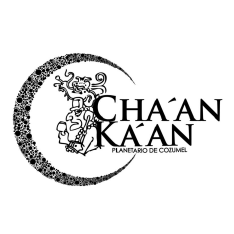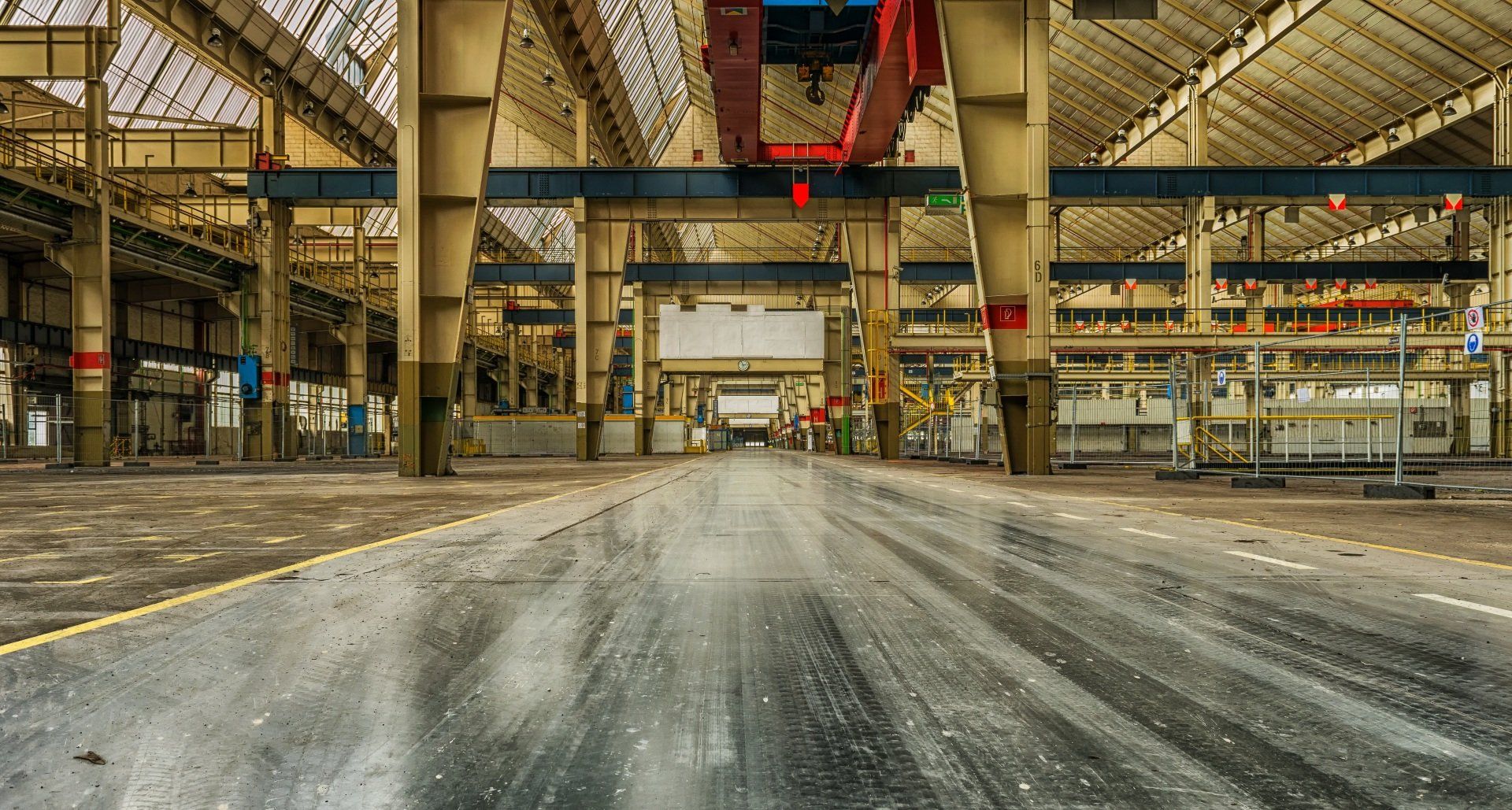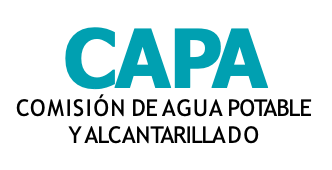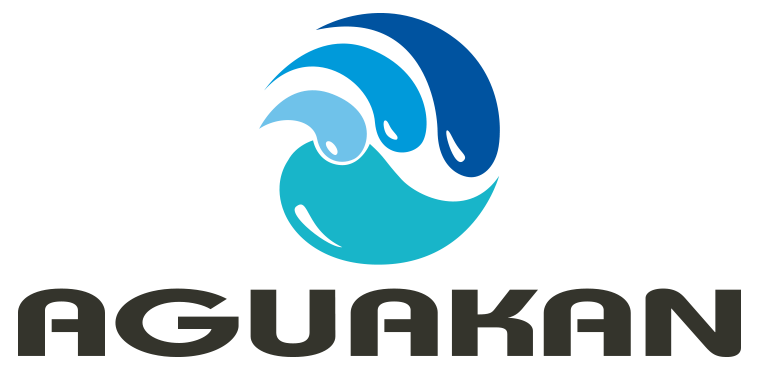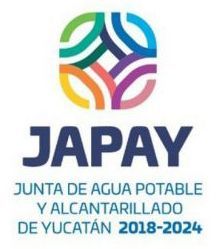The products are specifically formulated for the accelerated digestion of organic waste, with the specific content of enzymes and aerobic and anaerobic microorganisms that accelerate Chemical - Organic degradation without the production of odor or gases.
Bacterial digestion is the process of bio-enzymes consuming decaying organic matter. The Bacteria is fed and nourished for its growth and reproduction with organic waste, using complex chemical reactions; It metabolizes waste, turning it into water and carbon dioxide H2O and CO? which is naturally the metabolic result of the environment) giving the bacteria energy to live.
The result of this process is the accelerated consumption of organic waste, eliminating it without generating bad smell, pollution and visible residues (This process is similar to that of nature in the destruction of dead animals or decomposing vegetables, which naturally occur in our environment).
Bioenzyme products support Mother Nature by adding controlled amounts of bioenzyme products to speed up the natural process of nutrient breakdown and recovery:
- Water containing food (organic waste)
- Sufficient amount of dissolved oxygen (O¿) (anaerobes)
- The right pH is not acidic - not alkaline (5 to 9.5)
- Moderate temperature, between 10 and 38° C
The bio-enzymes used for the production are NOT polluting nor do they cause reactions or illnesses to the Human being, pets, animals, plants or generate any damage to the Environment; on the contrary, the elements that are generated in this process help the fast recovery of Nutrients for the feeding of plants and animals.
Certainly in nature we find useful and desirable species of microorganisms, while others cause diseases, allergies, bad odors, and other difficulties.
The line of bioenzymatic products uses isolated and intensified species especially to promote that "GOOD" culture.
In short, they are BENEFICIAL products for everyone!
TECHNICAL BULLETIN
gc Municipal WWTP is a powdered product with a high bacterial count used in the degradation of different organic materials. Contains microorganisms, micro/macro nutrients developed for bioaugmentation, high potency, which accelerates or increases biodegradation processes in wastewater treatment and contaminated water bodies, very safe to handle difficult organic problems naturally.
Areas of use:
Water treatment plants, oxidation ponds, activated sludge, pumping stations, retention tanks, collection systems.
Characteristics:
Appearance: Powder
Light: brown color
pH: 6.8 - 8.5
Effective pH range: 5.2 – 9.5
Effective Temperature Range: 35-130°F / 2-54°C
Storage life: 24 months Count
Bacterial: 5.2 billion CFU/gram
Production of bacteria-enzymes... facultative stimulants for growth... micro/macro nutrients.
Degrades: Phenols, sludge volume, cellulose, BTEX, ammonia, chemicals, surfactants, soaps and detergents, starch, foaming, oils and fats, triglycerides, proteins and animal fat.
They metabolize liquid and solid organic waste into biodynamic compost.
They accelerate the process of transforming sludge into minerals.
It allows to improve BOD, COD, total suspended solids and sediment reduction parameters.
Reduces the presence of bad odors and toxic compounds carbon dioxide and ammonium sulfide.
Induces pH stabilization.
Reduces corrosion and scale in tanks and pipelines.
It inhibits the formation of toxic and corrosive gases, avoiding risks of RBC´s poisoning and explosion.
Trickling Filters: Reduces BOD, suspended solids, improves from sedimentation.
ImHoff tanks/Lagoons/elevation station: Help in the sedimentation, reduces sludge, reduces BOD, reduces turbidity, reduces odors, reduces COD.
Secondary Clarifiers: Reduce waste, improve the sedimentation, turbidity decreases.
Oxidation/aeration tanks: Reduces BOD, suspended solids, sedimentation improvement.
DOSAGES
TREATMENT PLANTS
| Up to 0.1 l/s | 1⁄2 kg/day –3 days | 1⁄2 kg/week |
|---|---|---|
| Up to 0.5 l/s | 1⁄2 kg/day –3 days | 1 kg/week |
| Up to 2 l/s | 1⁄2 kg/day –10 days | 1.5 kg/week |
| Up to 5 l/s | 1 kg/day – 10 days | 2 kg/week |
| Up to 25 l/s | 1.5 kg/day – 10 days | 1⁄4 kg/day |
| Up to 50 l/s | 2.5 kg/day – 10 days | 1⁄2 kg/day |
| Up to 100 l/s | 5 kg/day – 10 days | 1kg/day |
LAGOONS
• For aerated lagoons, the dosage is based on the influent flow.
• For Facultative Lagoons the dosage is based on the surface of the lagoon:
- Day 1-3 20 lbs/acre
- Day 4 2 lbs/acre
• For anaerobic lagoons the dosage is based on the
total volume of the lagoon:
< 100,000 gallons - 1 lb – 2x week per 5,000 gal.
- > 100,000 gallons - 1⁄2 lb x day for every 5,000 gal.
BACTERIA
They are present almost everywhere in our environment (water, air, land). These microbes are the main decomposers of all organic waste in our environment. In fact, they are responsible for purifying waste materials through their biological oxidation process, turning the waste into carbon dioxide and water. The bacteria of the natural degradation process are of the same type as the friendly and beneficial ones used in bio-enzymatic products.
Enzymes: they are very powerful and effective catalysts, chemically they are proteins. As catalysts, enzymes act in small amounts and recover indefinitely. They do not carry out reactions that are energetically unfavorable, they do not modify the direction of chemical equilibria, but rather accelerate their achievement. The degree of specificity of enzymes is very high, they can even distinguish between different types of isomers.
Its function is of as important, as in food in humans. Saliva is a mixture of enzymes, which mix with food and carry out chemical reactions that our body to obtain essential nutrients.
Understanding Microorganisms. Unfortunately we think of bacteria as harmful or harmful germs for our health, this is based on the ability of some bacteria to create reactions in organisms (these reactions are commonly infections that are the basis of diseases) these microorganisms are referred to as pathogens.
It is noteworthy that only a small percentage (less than 2%) of the bacteria are capable of producing these reactions or infections. It is equally important to understand that bacteria of a specific genus that produce infections or toxins DO NOT include all members of this species.
The Bio-enzymes used are friendly, hard-working and safe microorganisms, which have been selected from the environment (naturally occurring) without causing any harm to humans, plants or animals or the environment, on the contrary the elements generated in this process help the rapid recovery of Nutrients for the feeding of plants and animals. Once the bacteria fulfill their function, they die and become part of the food chain.
Bacterial digestion
It is called the process of bio-enzymes consuming decomposing organic matter. The bacteria feed and nourish for their growth and reproduction with organic waste, using complex chemical reactions, metabolizing the waste into water and carbon dioxide (H2O and CO2) giving the bacteria energy to live.
To ensure an environment conducive to the rapid growth of these friendly microorganisms and their constant reproduction, the following is required:
• Water containing food (organic waste)
• Oxygen- aerobic organisms need oxygen in order to metabolize.
• pH not acid-not alkaline (5.5 to 9.5)
• Moderate temperature, between 10 and 38o C
The result of this process is the accelerated consumption of organic waste, eliminating it without the generation of bad odors, contamination or visible residues.
Our products help Mother Nature by adding amounts of bioenzymes to speed up the natural process of nutrient breakdown and recovery.
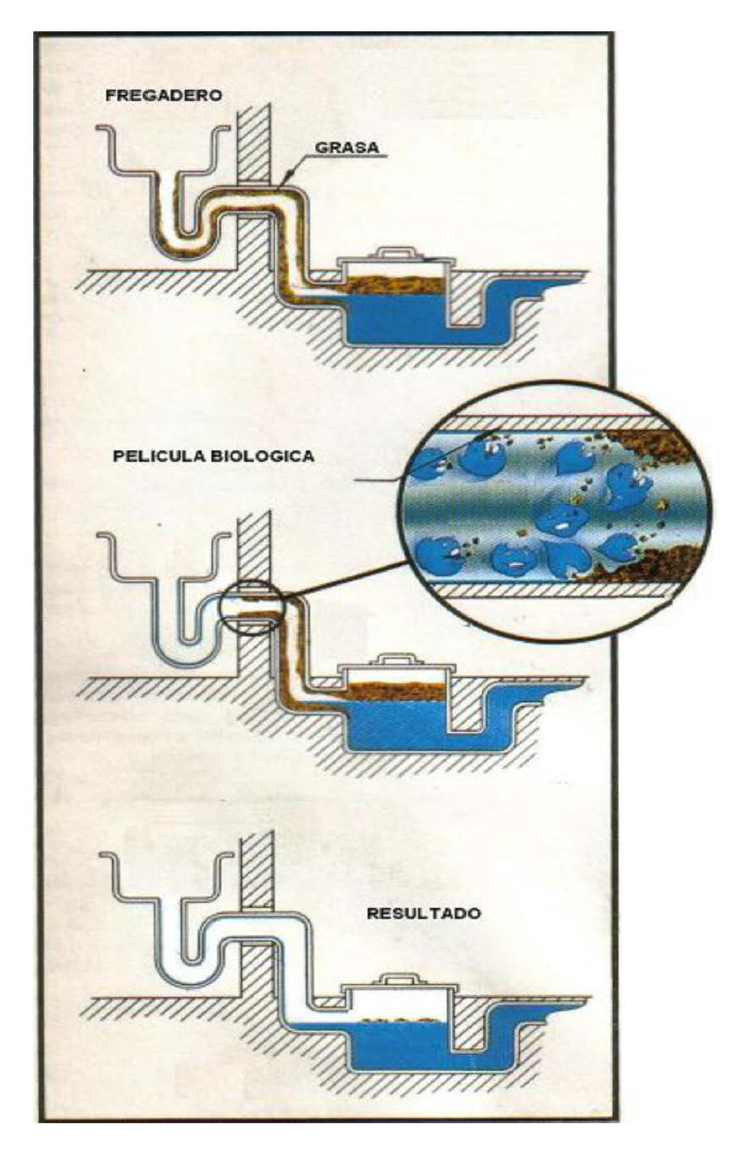
Bacterial culture - When biological formulations are added, the bacteria function as an inoculum (bio-seed) for the development of a biofilm.
This bio-film, once developed, has the ability to bio-enzymatically remove the
deposits or existing organic waste and thus keep the system clean through the absorption capacity of the biological film that develops in the areas or surfaces.
Our products have incorporated the following types of enzymes:
Lipase - Breaks down fats and oils
Protease - Breaks down Proteins
Cellulose - Disrupts cellulose
Amylase - Breaks down carbohydrates and starches
The products contain, in addition to macronutrients and substrate, a complete mix of micronutrients for microbial growth for the various conditions of their use, the most characteristic of which are:
Vitamins: Thiamin, riboflavin, niacin, pyridoxine, choline, botaine and folic acid.
Minerals: Calcium, phosphorus, potassium, iron, copper, zinc, manganese and cobalt.
Amino acids: Arginine, lysine, tryptophan, cystine, histidine, tyrosine, phenylalanine and leucine.
The bacteria used are saprophytic, that is, they only act on dead organic matter and are lyophilized.
Bacillus
Licheniformis Amyloliquifaciens Pasteurius Laevolactius
Subtilis
* Bacillus
* Bacillus
* Bacillus
* Bacillus
* Bacillus
* Pseudomona Putida
* Pseudomona Stutzeri
* Pseudomona Fluorescens
* Eneterobacter Cloacae
Polymyxa
* Bacillus Nitrosomonas
* Bacillus Nitrobacter
STEPS FOR RECRUITMENT
1
Valuation
Online
physical lifting
2
Delivery of architectural and geological plans
3
Proposal with design plan
4
Contract
5
Install 10M3 plant from 30 business days
6
100% operation of the plant from 25 working days after delivery (depending on the size)
SOME OF OUR CUSTOMERS

With more than 10 years of experience in the Mexican southeast, we have established a solid track record working with the government, hospitality, residential, companies and industries.
Our approach is based on the use of innovative eco-enzymes that effectively break down dirt and residue, offering sustainable and environmentally friendly solutions. We take pride in providing treatment systems that ensure water quality and compliance with environmental standards.









